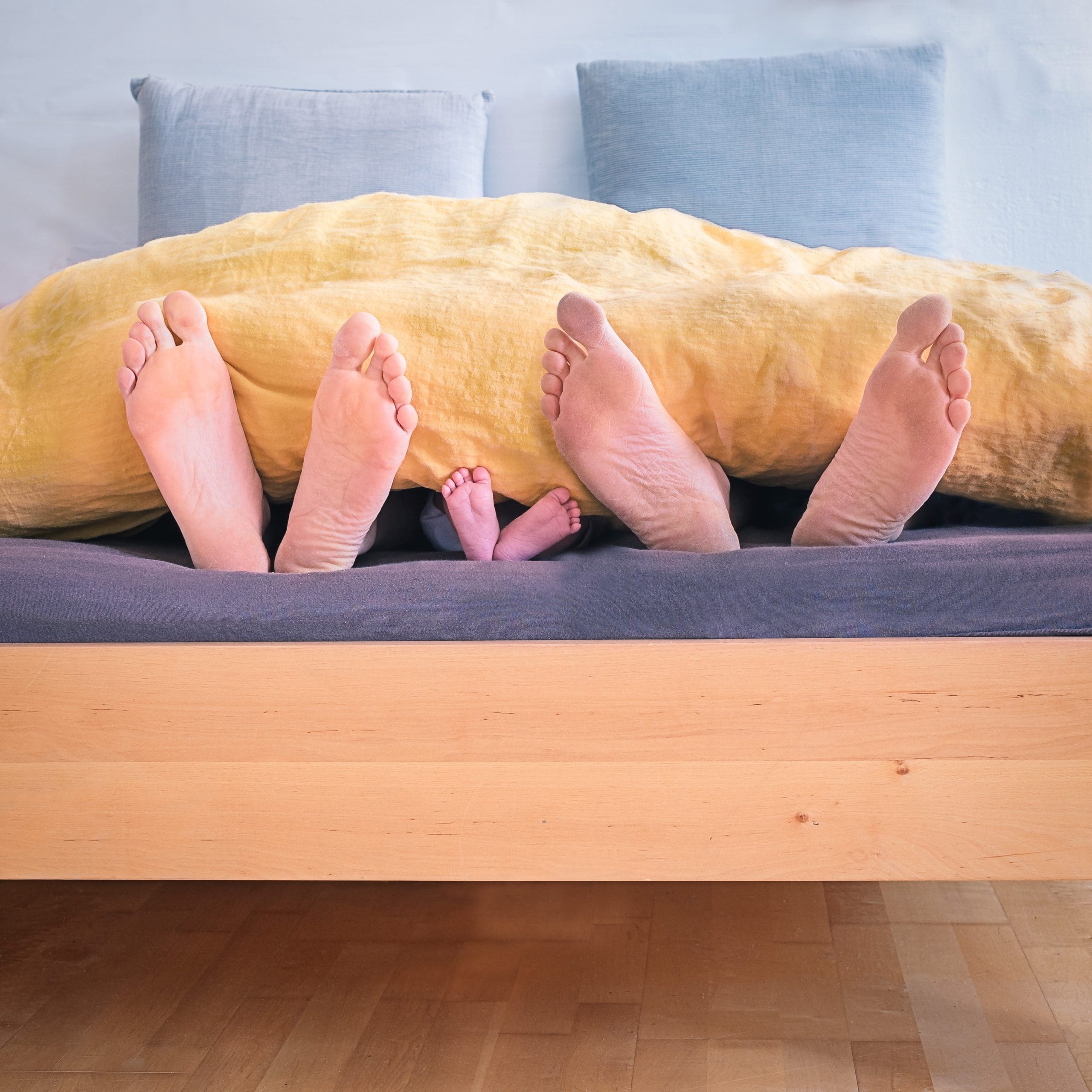If the children are not sleeping, then the parents are not sleeping. Children and parents who are not getting enough quality sleep will have difficulty managing their emotions, increased irritability, memory, learning and so much more. The good news is that through some changes in the environment and supporting a healthy body clock you can set up the family for a successful night’s sleep. It starts with understanding the why and asking many different questions about the family’s daily routines; many of the behaviours we engage in during the day impact our sleep at night. So here are a few tips to help prevent sleep problems, set up a sleep-friendly bedtime routine and reduce likelihood of night wakings. —Nicole Shallow
get outside for morning daylight. To help tell your body it is time to be awake in the morning daylight can be extremely helpful. The research suggests that morning daylight can help with increased alertness in the morning as well as help improve quality of sleep at night. Even better if you can schedule in a little movement during this time to help get all of the bodily systems activated—especially the digestive system! Some examples may be taking the dog out for a walk, going to get the morning mail or a short little play out back while breakfast is being prepared.
design a consistent meal schedule. With having access to food 24-7 humans are more likely to become grazers and eat sporadically throughout the day. To help anchor your sleep/wake cycle, consistent meals are an important factor in this equation. The tip here is to find an eating schedule that works for your family and stick to it. For children, it is helpful to mimic the schedule that is at school to allow consistency on the weekends. One thing to remember is to have the last caloric intake at least one-and-a-half to two hours before the goal time to allow for an empty stomach when falling asleep. Sometimes a full stomach when falling asleep can cause night wakings.
create a calming and quality parent involves a bedtime routine. When a sleep coach support families in designing a bedtime routine, they will likely look at the two hours before bed. The reason for this is that natural melatonin production takes about two hours to really settle in and rise to the point of feeling tired. First tip, schedule in 30 to 45 minutes of quality one-on-one attention with your children, phones away, screens off, distractions limited and both child and parent engaging in meaningful play and interaction. Some examples of quiet activities are puzzles, board games, playdoh, kinetic sand play, drawing and colouring. When deciding on an activity it is important to offer choices that you know are calming for the child. About 30 minutes before bed is when the basics occur: brush teeth, last bathroom trip, and cuddles and connection in bed maybe reading or telling stories or singing a lullaby.
Even when all these things are in place, sleep problems can arise. If you are struggling and need more support do not hesitate to reach out to a professional. Sleep can be finicky and with a compassionate outsider’s perspective sleep can get back on track.
For more sleep tips be sure to follow Nicole on Instagram and online.

Be the first to comment